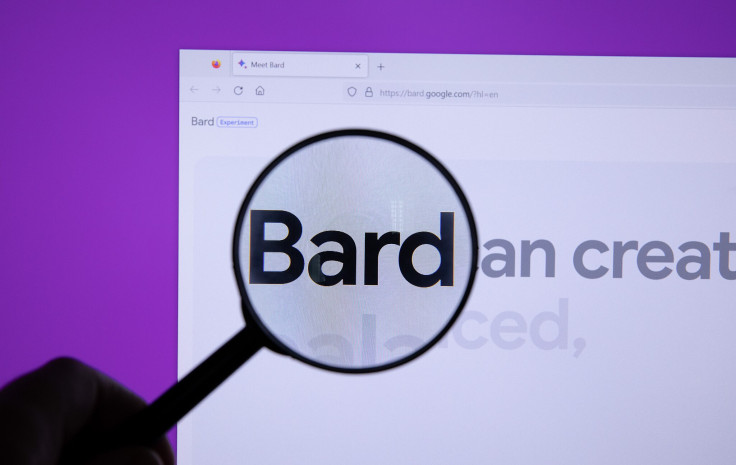Google Part Ways With Key Partner In Bard Development
Australian artificial intelligence data firm Appen has played a key role in training AI models for a slew of tech behemoths including Microsoft, Meta and Apple.

Alphabet has severed contractual ties with Sydney-based machine intelligence company, Appen, which played a key role in training Google's chatbot Bard, Google Search results and other AI-powered products.
Alphabet informed Appen of the termination after a strategic review process, noting that the cessation of all projects will take effect on March 19. In a filing, Appen revealed that it was not aware of Google's decision beforehand.
BIG shakeup for Google Quality Raters
— Cyrus SEO (@CyrusShepard) January 22, 2024
Google cancels contract with Appen/RaterLabs (the company that employs me as a Quality Rater)
No idea what this means to the Quality Rater program pic.twitter.com/rzScBe4Dvn
"Our decision to end the contract was made as part of our ongoing effort to evaluate and adjust many of our supplier partnerships across Alphabet to ensure our vendor operations are as efficient as possible," Google spokesperson Courtenay Mencini said in a statement sent to The Verge.
Google's departure from Appen to have a significant impact
Since Alphabet accounted for about one-third of Appen's revenue, the Alphabet Workers Union statement warns that the tech giant's decision to end the contract will impact "at least two thousand subcontracted Alphabet workers".
Aside from Google's parent company, Alphabet, Appen has helped train AI models for a diverse range of tech companies including Microsoft, Meta, Google, Apple and Amazon, according to a report by CNBC.
These companies have previously accounted for a whopping 80 per cent of Appen's revenue. Appen's revenue from Google in the fiscal year 2023 amounted to $82.8 million (£65.12 million). It made $273 million (£214.72 million) last year. Appen's workforce includes about 1 million freelancers in over 170 countries.
The cancellation of the Appen contract was not because Google is replacing quality raters with AI.
— Marie Haynes (@Marie_Haynes) January 23, 2024
Google told Barry it was a move to restructure efforts with vendors.
Remember when Appen workers held protests that led to them getting a massive raise? https://t.co/X6ulfOgamv pic.twitter.com/FpdF2NtFgU
Despite its star-studded list of clients, nearly 30-year legacy in the AI space and increased demand for training data with the emergence of generative AI tools, Appen has seen its momentum falter lately. The company has recently been subject to a string of executive departures, loss of customers and plummeting financials.
To make things worse, Appen witnessed a 30 per cent plunge in its revenue in 2023, following a 13 per cent revenue drop a year earlier, which the company said was partly due to "challenging external operating and macro conditions".
Human workers at companies like Appen are usually tasked with handling more undesirable parts of training AI and as if that weren't enough, they are mostly the lower-paid.
In other words, human workers are the ignored backbone of the entire industry. Contractors help Appen rate data quality and answers from AI models. A 2023 report by Fast Company revealed that some Appen employees, who are members of the Alphabet Workers Union, urged Appen to increase wages from $10 (£7.87) an hour to $15 ( £11.80).
Despite getting the wage increases, about 10 Google AI raters were laid off citing business conditions. Appen's shift towards generative AI might seem like a strategic pivot, but former employees attribute the move to internal challenges.
They allege recent struggles with data quality and organisational structure have left the company unprepared for the challenges of generative AI.
Last month, Google announced Google AI Studio to remain a major force in the AI segment and compete with Microsoft and OpenAI. Aside from this, the search giant is reportedly testing AI assistants that can offer life advice to be at the forefront of the booming industry.
© Copyright IBTimes 2025. All rights reserved.






















